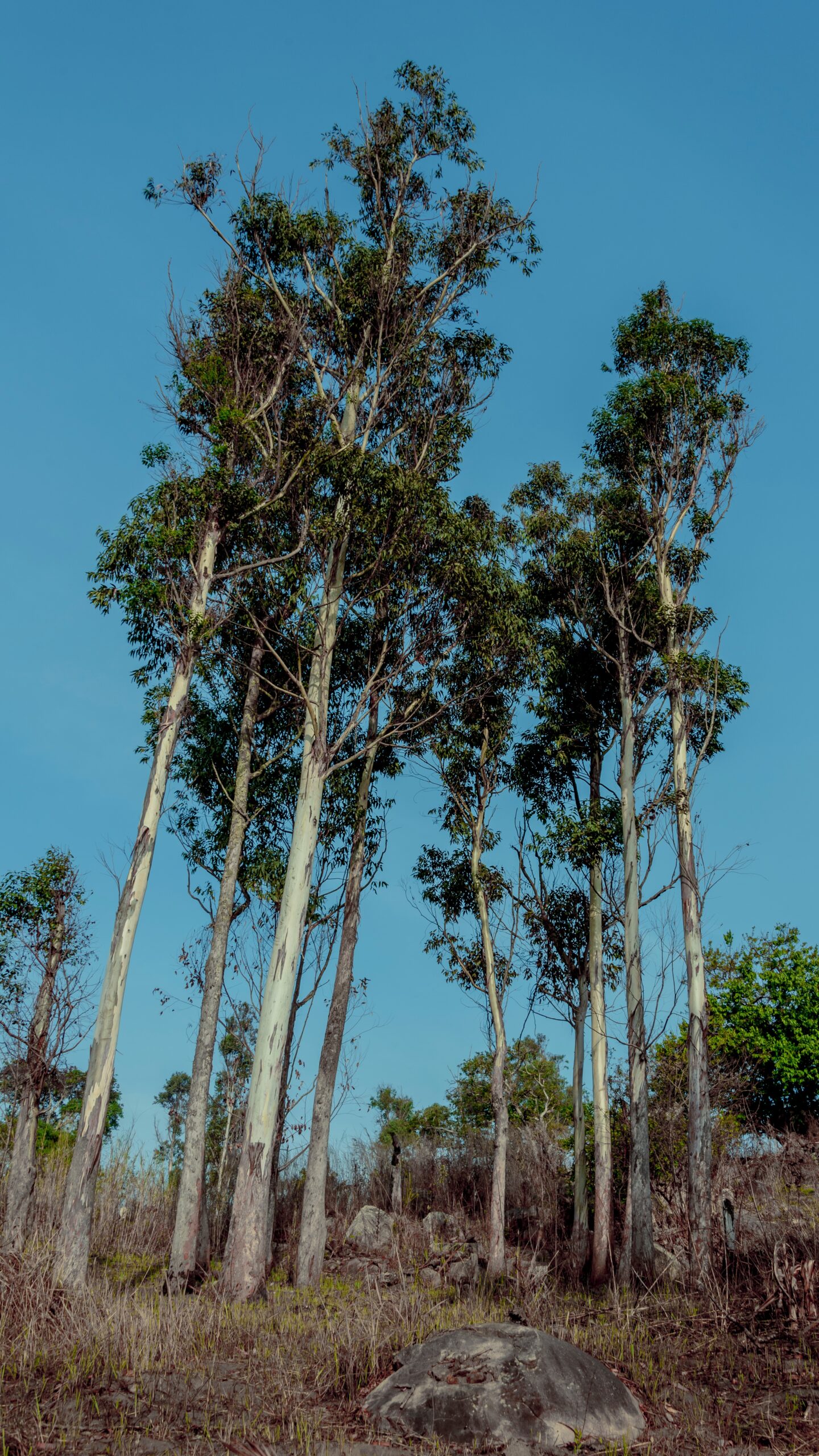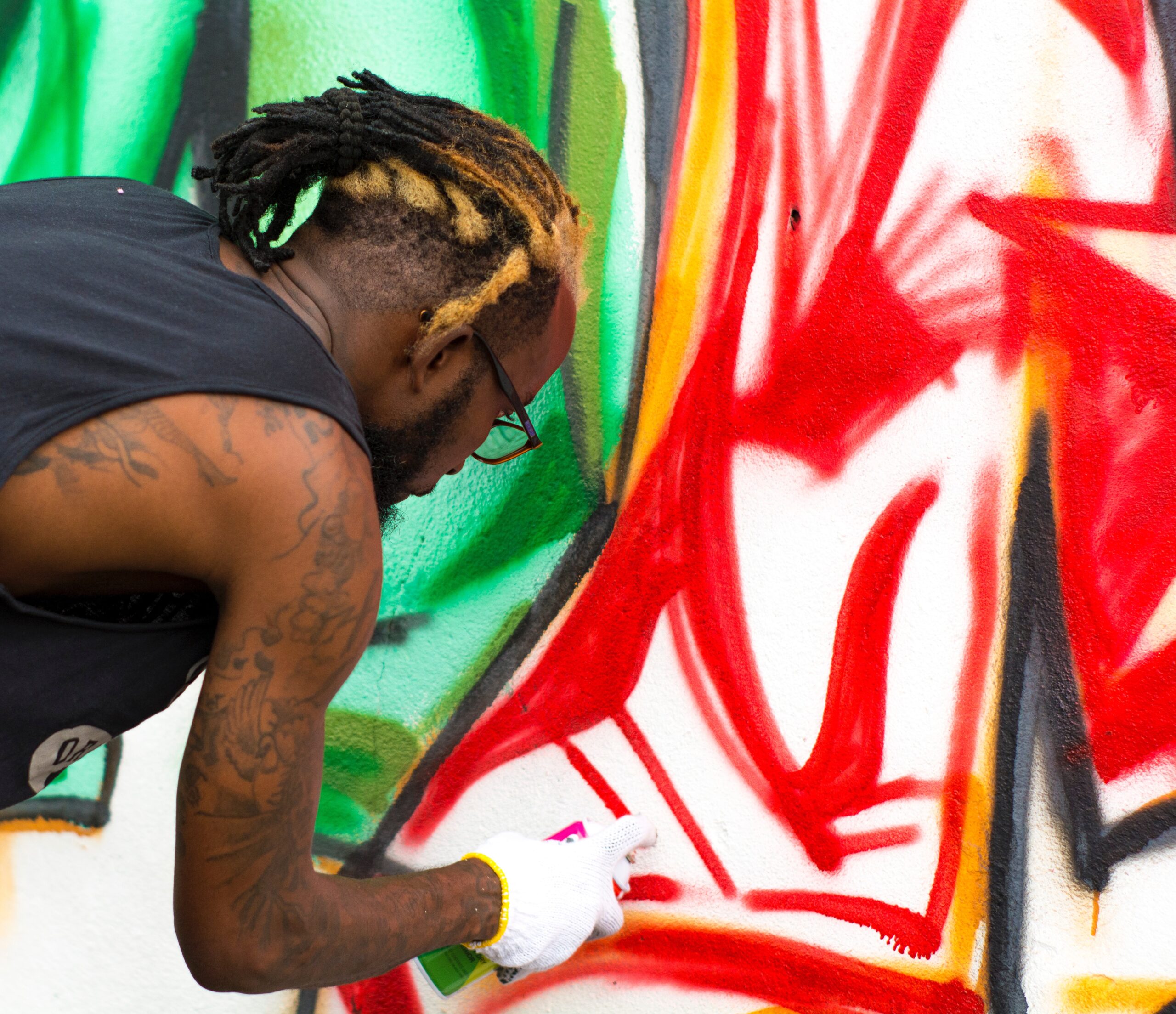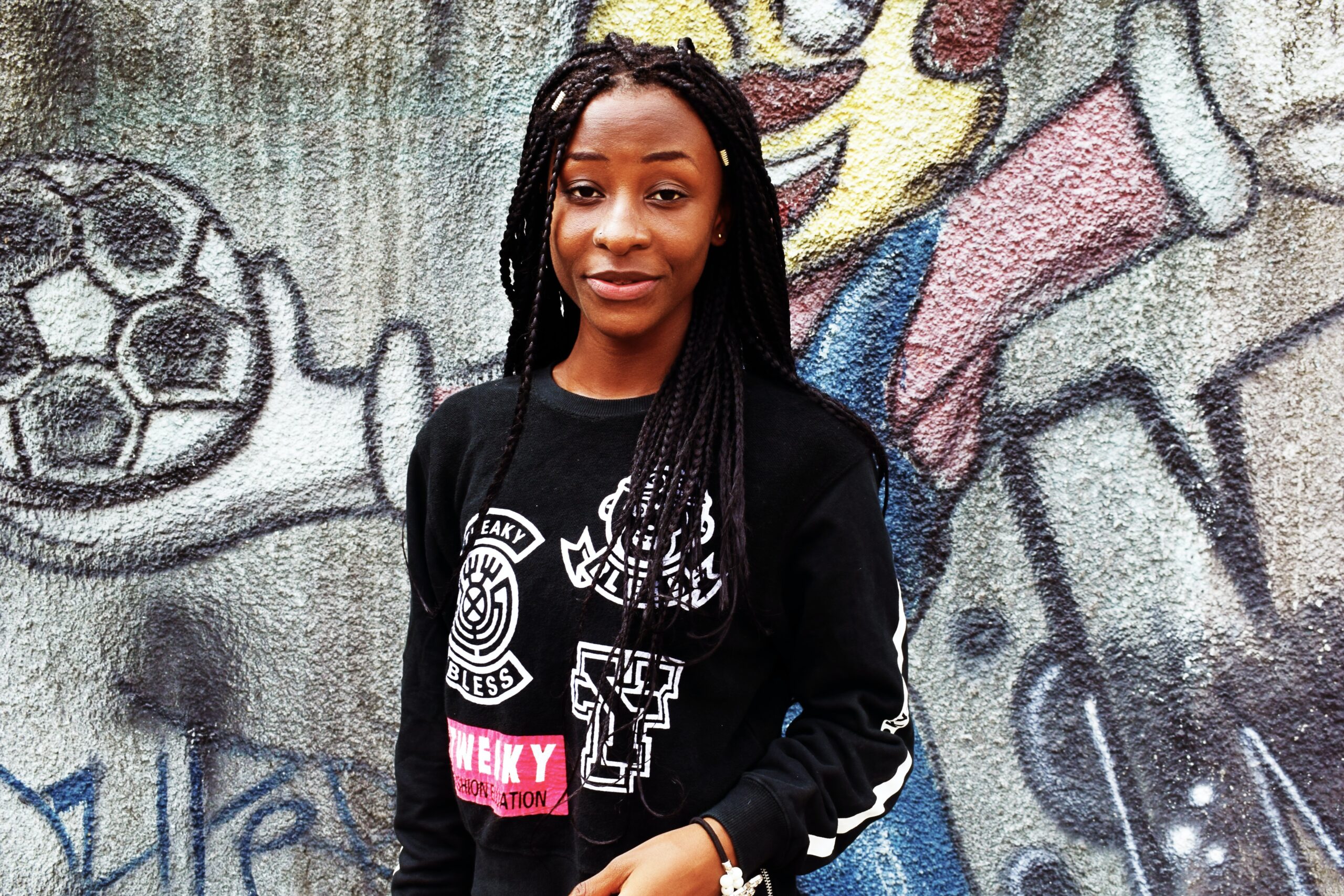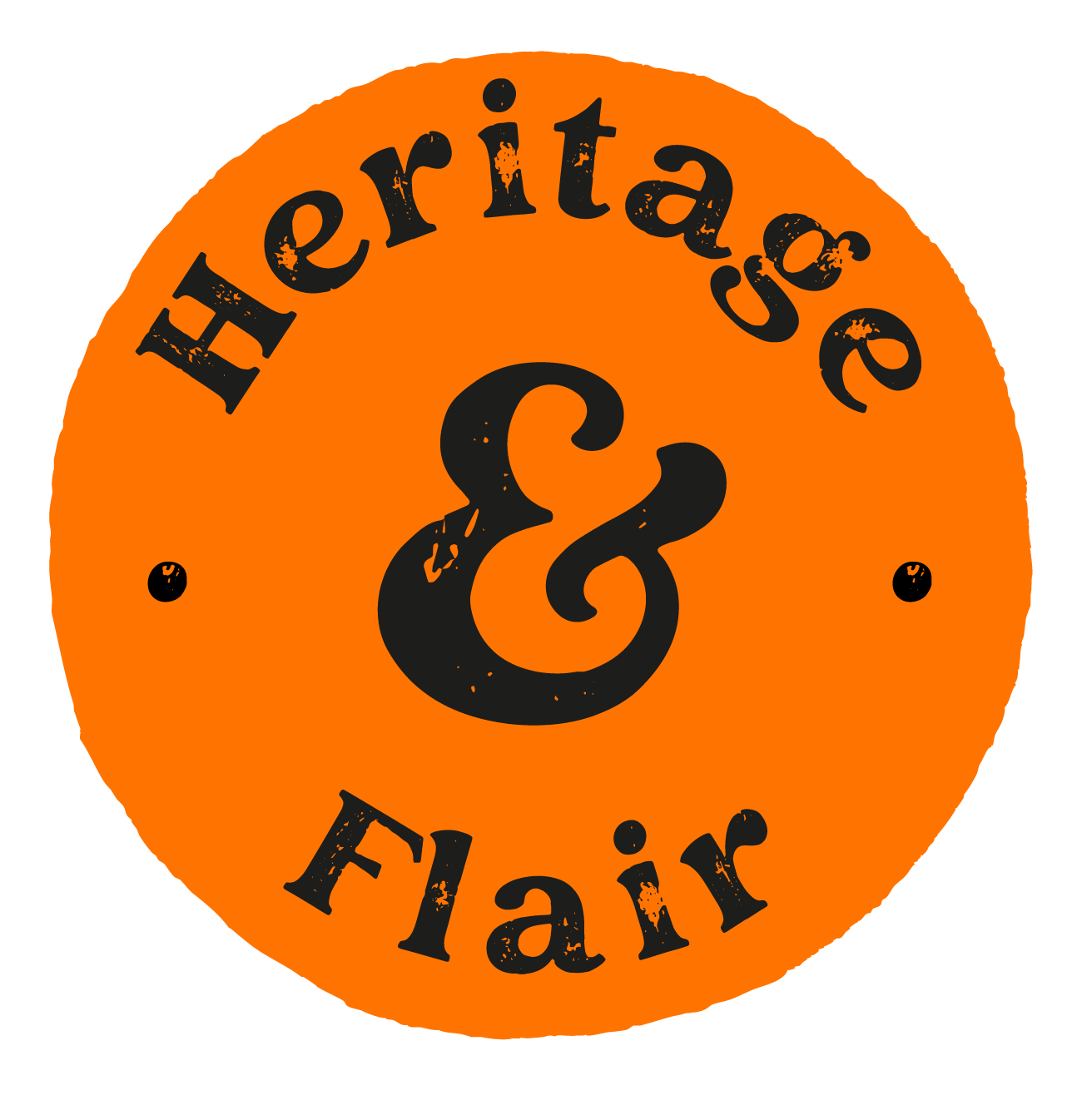
Photo by Edouard Tamba
Cameroon
Cameroon is located in Central Africa and is often referred to as “Africa in Miniature” due to its diverse geographical and cultural features. It has a coastline along the Gulf of Guinea to the southwest, dense forests, savannas, mountains, and the volcanic terrain of the Cameroon Highlands.
Yaoundé is the capital city, serving as the political and administrative centre. Cameroon is a bilingual country with French and English as official languages.
Cameroon has a population of over 26 million people, comprising numerous ethnic groups. Major ethnic groups include the Bantu, Fulani, and Kirdi, among others. It was colonised by Germany in the late 19th century and later split between France and the United Kingdom after World War I. The country gained independence in 1960 and 1961.
Cameroon operates as a unitary presidential republic. The President serves as both the head of state and head of government.
Cameroon’s economy is diverse, with sectors including agriculture, mining, manufacturing, and services. The country is known for its production of commodities such as cocoa, coffee, and oilseeds.
Cameroon is also known for its rich cultural diversity, with over 250 ethnic groups. Traditional music, dance, and art play significant roles in various communities. The country hosts numerous festivals, including the Ngondo Festival in Douala.
Mount Cameroon, an active volcano, is the highest peak in Central and West Africa. It is a popular destination for hikers and offers stunning views of the surrounding landscapes.
This country is home to diverse wildlife, including elephants, gorillas, chimpanzees, and a variety of bird species. National parks such as Waza National Park and Korup National Park contribute to conservation efforts.
The Duala people are an ethnic group mainly found in the coastal city of Douala. They have a rich cultural heritage, and their traditional masks, dances, and festivals reflect their history and identity.
The Dja Faunal Reserve, a UNESCO World Heritage Site, is located in the dense rainforests of southern Cameroon. It is renowned for its biodiversity and is home to various endangered species.
Cameroon has a significant diaspora community, with many Cameroonians living abroad. They contribute to the country’s economy through remittances and play roles in various fields globally.
Fotball is a popular sport in Cameroon, and the national team, known as the Indomitable Lions, has achieved success on the international stage. The country has produced notable football players who have gained recognition globally.
Hidden Insights: Uncovering Cameroon
1. Bafut: Bafut, a town in the northwest region of Cameroon, is notable for its cultural heritage. The Bafut Palace is a traditional complex that includes a museum and showcases the history, rituals, and artifacts of the Bafut people.
2. Maroua: Maroua, the capital of the Far North Region, is characterised by its vibrant markets and traditional architecture. It serves as a gateway to explore the Mandara Mountains and experience the culture of the local Fulani people.
3. Bamileke Kingdom: The Bamileke people, found in the western highlands, have a rich cultural heritage. The traditional chiefdoms within the Bamileke Kingdom are known for their elaborate palaces, distinctive architectural styles, and colourful ceremonies.
4. Douala Jazz Festival: Douala, the economic capital of Cameroon, hosts an annual jazz festival. The Douala Jazz Festival attracts local and international jazz musicians and showcases the vibrant music scene in the city.

Photo by Edouard Tamba

Photo by Egbe Egbe
Capital City: Yaoundé
Population: 30,135,732 (2023)
Nationality: Cameroonian(s)
Location: Central Africa, bordering the Bight of Biafra, between Equatorial Guinea and Nigeria
Languages: 24 major African language groups, English (official), French (official)
Religion: Roman Catholic 38.3%, Protestant 25.5%, other Christian 6.9%, Muslim 24.4%, animist 2.2%, other 0.5%, none 2.2% (2018 est.)
Area Total: 475,440 sq km
Cameroon Embassy in UK
Address: 84 Holland Park, London W11 3SB
Website: https://www.cameroonhighcommission.co.uk
Correcting The Map: The True Size Of Africa
The Mercator Projection downplays the size of Global South continents as it makes the Global North look larger
Heritage: What shapes us?
When heritage is mentioned, our minds often leap to the spectacular and the visible: the grandeur of world heritage sites, the majesty of traditional attire, the vibrant swirl of dances and festivals, or the melodies of mother tongues. These are the showpieces of...
HER-itage: Africa’s Phenomenal Queens And Leaders
Honouring and celebrating the incredible contributions of women throughout African history. These remarkable women have shaped nations, led revolutions, and stood against oppression with unwavering resilience. These queens, warriors, and visionaries broke barriers,...
